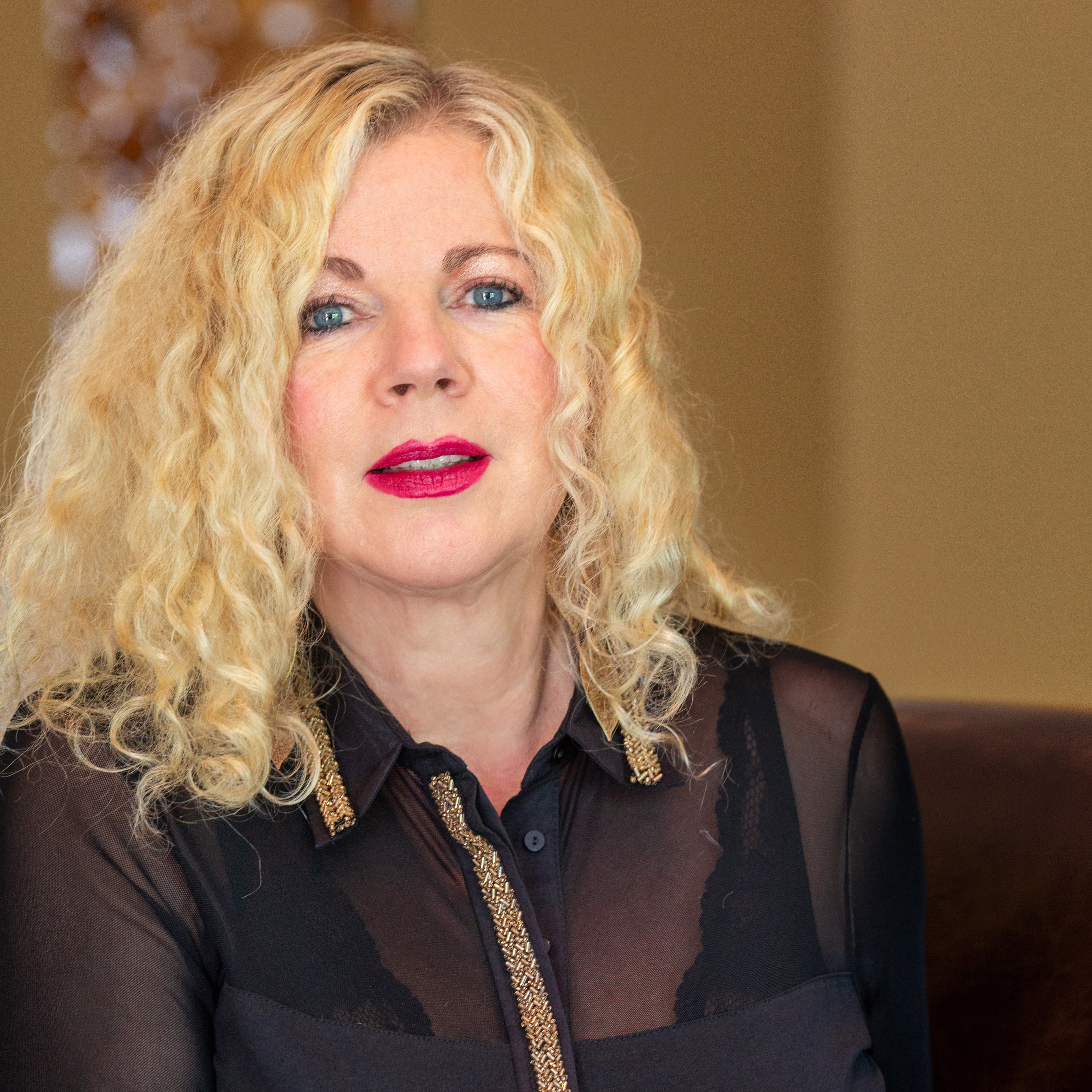

Knowledge is not power,
but a medium for realization.
Sympathy, empathy, love, soul, spirituality: where are these qualities to be found on the agenda of modernity? Not at all. Our culture is dominated by efforts to maintain the patterns of the industry. Transhumanists such as Google guru Ray Kurzweil fantasize about artificial intelligence surpassing our own, about equating the brain with the data cloud, and thus reaching “the next stage of evolution.”
You need to change your life.
It’s human intelligence itself that explains why AI will not come so far. You only have to think about it for a moment (a process of differentiation which could never be generated by an artificial intelligence in this form). Friedrich Nietzsche already made it clear that people do not become smarter by wearing bigger glasses or adopting other mental “protheses” (Baudrillard), culminating in his famous imperative: “Be yourself! All that you do, mean, desire is not you!” In other words, the complete restart of your own consciousness, if only to critically examine yourself.
Would artificial intelligence operate like that? It never would. What the prophets do with their “artificial intelligence” is pure empiricism in the form of data. In principle, it moves in no other system than the inherited thought patterns of conquest and subjugation. Apart from bot-creativity that always remixes existing data, however, thinking will always be self-designing. Moreover, as not only philosophers like Markus Gabriel or biochemist Henning Beck know, some if not all purely human factors will fall apart in all the insane data rollout.
The start of the millennium marked the second Gutenberg Galaxy, the digitization of our way of life. In the 21st century, we find ourselves at a historic threshold between the end of the industrial age and the beginning of a new kind of freedom. Around 1850, during the change from the agricultural to the industrial age, people’s attachment to nature also became detached. The steam engine, the automobile and other achievements brought about considerable mobility from the countryside to the city. After the technical evolution, the age of information began. Today, we carry computers in our hands, the power of which would have filled entire city blocks thirty years ago. Conversely, smartphones, iPads and laptops provide us with all the information that was willingly kept from us through the millennia of ecclesiastical domination.
What has fallen through the cracks, however, is human development. Having conquered everything to the end of the Milky Way, we find that we are dissatisfied, especially in the Western world, which is envied by the rest of the world.
In this paradigm, more and more people go off track because their qualities are no longer supposed to count. Primal intelligence required less and less in the industrial rat race. Something like this can only have been the work of nerdy technocrats.
But right now, after overcoming necessary needs such as the avoidance of war, hunger or even oppression, another potential comes into play: human intelligence. Historically, the top third of Maslow’s pyramid of needs is now coming into focus: needs based on the soul and spirit. These lead to a new kind of freedom, freedom in itself instead of “freedom from” something. For this, however, you have to do something yourself: to free yourself from your ego world, as it is based on the old parameters. We always keep ticking along nicely in the industrial world until we lose all of our power. In the age of artificial worlds, however, we are all being left behind, even if we make every effort to keep up. Technologies such as Photoshop lead to perfect art creatures on the covers of magazines – and from there to plastic surgeons in order to imitate the looks of supposed idols. Music programs invent ever more complex beats that real musicians then try to imitate. Social media is based on the business model of hate, artificially fed to become the social darknet. Only a very few – the Kardashians, Zuckerbergs, Bezos of our times – profit from this, and destroy a lot. “IQ” is considered a badge of higher intelligence and really only indicates that someone can remember more than others. Fewer people are interested in the emotional quotient (EQ) of a person; but it’s getting more and more important.
The great opportunity of our age is the leap into our own freedom. At the end of the classical industrial age, we all operate in a system that either produces in a humane sense or nonsense. Hardly anyone still has to “plug away” to satisfy their basic needs or “work their backs off” to improve their standard of living, which is a paradox in itself. You now have the historic opportunity to shift paradigms in favor of a sense of purpose – not the worst idea in times of encompassing global problems like a pandemic and climate change. But to make way for new leadership in politics as well as in boardrooms, it is imperative to leave behind the old industry paradigms, including the dominance of artificial intelligence. Instead of IQ, EQ is needed, the personal capacity for empathy, courage, love. This need, which everyone can relate to, is benefiting a movement that is getting real in the present.
Since the beginning of the Enlightenment in the 18th century, a small plant has grown on the threshold from an agrarian to an industrial society that is only now coming into full bloom: the enlightened middle class. Well educated or trained citizens have had increasingly better chances to think and act freely and openly due to “man’s emergence from his self-incurred immaturity” (Kant) and the influence of the resulting idealistic philosophies. People became more independent, also economically. But it was not without reason that Karl Marx complained about the appropriation of skills and talents by industry in the 19th century, and rightly so: respectable craftsmanship, for example, was soon purchased, not in the form of products, but in the form of the craftspeople themselves as products.
Industrial workers had to adapt to ever faster cycles and deal with ever more pressure. Fordism and Roosevelt’s “New Deal” provided relief – and new pressure, from the machine society to the service and information society. Until innovation and entrepreneurship prophet Peter F. Drucker warned that it’s time for people in industry to be treated like people instead of machines around the year 2000. The machine-like way of treating people arose from historical negligence. The demand for humanity and self-development did not figure in this paradigm.
As a counterculture to industrial society, artistry and romanticism established themselves as a social movement that maintained its pattern until the hippie counterculture of the 1970s with Maslow’s demand for self-actualization. In the meantime, this movement has completed its “march through the institutions” and found its way into the center of our society. Every employee is also a co-entrepreneur; people are self-employed. We curate our lives by selecting creative opportunities, blogging, publishing, performing; we are creatives and businesspeople at the same time. The true protagonist of our times – one who is also portrayed in endless movies – is the character who abandons the evil game of their business to turn to the good, the beautiful or even the true. We arrive at our true calling, away from ego-centered power-grabbing and the eternal “more”. Those who accept this vocation initiate a game in which, under the right guidance, many things arise of their own accord: the course of nature, if we just let it go and flow.
To get results, you must, as suggested by quantum physicist Dürr (see quote), pass on the energy that lies behind matter and follow the course of nature, i.e. act according to our nature. We are all born under certain conditions that shape us physically, mentally and spiritually: this builds our core intelligence. Who we really are is a question that is still in its infancy. The genius, the authentic self is what was there before we were born. If one speaks of the “spirit” of Goethe or Mandela, their radiance, energy, frequency is meant – which is not material, but in connection with the laws of creation. All human beings carry this core within themselves. Whether it also comes to bear on the outside depends on our social environment: on others.
Mozart became a brilliant composer because his father was also his mentor and instructor. He was lucky to be born into an environment where he could develop his genius. Geniuses like Enzo Ferrari, Elton John, Michael Jackson and Steve Jobs had comparable environments. If Mozart had been raised on a farm by a stubborn hillbilly, he would have been too short and thin to be able to pitch in properly. A well-known graphic artist once said that he grew up on a farm and had to constantly hear that he should be milking the cows – not painting ... Such “farms” likely exist a million times over. That is why it must be a matter of letting core intelligence come to fruition.
Hans-Peter Dürr was convinced that wisdom emerges where the spiritual is added to the material, whereas “if you stick with the material, it’s only a matter of power”. This core intelligence is called self-actualization. It goes inside your own substance and beyond. It is often the people themselves who locate their genius where it arises.
Actor Jack Nicholson, for example, grew up well fed and pampered in New Jersey. At the age of 18 and with no money, he drives an old car across the United States alone until it comes to a halt in Hollywood. As an errand boy running through the production halls of the major film studios, he soaks up the business, and lands a small supporting role. His talent is discovered by a mentor who is considered the king of trash movies; this gives Nicholson the opportunity to try things out. Fifteen years later, he appears in a supporting role in the hippie epic “Easy Rider” and wins an Oscar – a star is born. So much for his “career” ...
But environment is not everything. One’s very own genius must receive opportunities, or evolve itself. In Jack Nicholson’s case, it really takes off as a result of a synchronicity of events: the famous “kairos” of being in the right place at the right time. Shortly after his first big movie success, he learns from an investigative reporter that his supposed sister was actually his mother. This journalist unknowingly acted as a mentor, awakening the actor instantly.
From then on, Nicholson goes beyond himself – into his own freedom: Nicholson only plays roles that he really is. He acts out his aggression, his sadness, his rage in “psycho” roles like “One Flew Over the Cuckoo’s Nest”, “The Shining” and “As Good as It Gets” – and in doing so does exactly what he as a mafia boss in the Scorsese film “Departed” once put this way: “I don't want to be a product of my environment; I want my environment to be a product of me.” What artificial intelligence would ever be able to come up with this movie about life?

Contact
Are you curious and want to learn more?
We’d be happy to provide you with profound information about our offerings, with no obligation.
